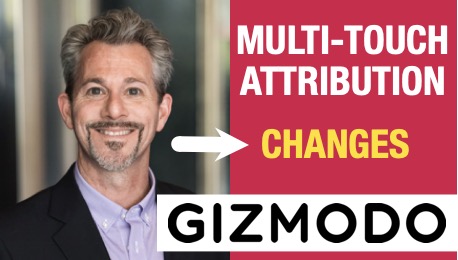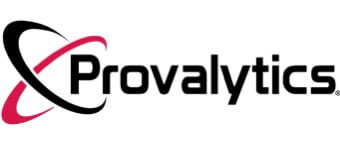Multi-Touch Attribution Changes with Upcoming Cookie Collapse
Google is set to replace third-party cookies in Chrome with its “Privacy Sandbox” ad targeting tools by 2024. However, these new tools are not performing as well as cookies, according to a new experiment conducted by Google. Advertisers using Privacy Sandbox decreased their spending by 2-7%, while the number of people who clicked on ads was within 90% of the status quo. Conversations per dollar, a measure of ad performance, dropped by 1-3%. Despite the results, Google insists that the encouraging findings are validating what they hoped: that digital advertising can be both more private for users and effective for advertisers and publishers.
The ad tech industry is worried about the upcoming changes, as the ability to track users online will be hindered. The average person is increasingly concerned about their privacy, and governments are promising new rules to govern privacy on the internet. Other browsers like Safari, Firefox, and Brave already block third-party cookies, which makes Google Chrome look like spyware in comparison.
🚀 Yes, I Want The 2024 Playbook!
Google is trying to get everyone on board with its Privacy Sandbox project. However, privacy advocates say it’s not private enough, ad tech companies say it’s too private, and governments have raised antitrust concerns. Google needs buy-in from everyone for the plan to work.

In a recent Gizmodo article, Jeff Greenfield, CEO of Provalytics, a long-time ad industry executive, warns of the drastic attribution changes advertisers and publishers will face due to this new system. Marketers are used to targeting individuals, not groups, as Google will soon require them to do. Greenfield believes it’s going to be a paradigm shift that requires a lot of reeducation. Even if the new system works for advertisers, the experiment looks discouraging for publishers, apps, and websites that make their money through ads. Advertisers spent less with the new system, which could be catastrophic for media companies and news organizations in particular that often operate with razor-thin margins.
“The change is going to be drastic for publishers,” Greenfield said.
Google, on the other hand, pushes back on the idea that Privacy Sandbox will hurt publishers. The company argues that they are working with technology that is emerging and reducing the ability for ad technology companies and data brokers to identify individuals across the web. Yet, they can still deliver a high degree of relevance for advertisers, translating into a high degree of monetization for publishers. Google insists that Topics and other Privacy Sandbox systems aren’t supposed to work in isolation, but as part of a broader ecosystem of tools.
Another issue with the new system is that Google’s competitors are hard at work developing fancy new ways to keep tracking users after cookies go away. If these techniques are effective, it would mean Google’s privacy-preserving efforts are a wash.
“A lot of companies out there are offering cookieless solutions. They’ve found a way to link identities together without cookies. But Google and other companies like Apple want to be in control, so the next thing we’re going to see is them trying to stop all of these cookie replacements,” Greenfield said.
That’s a problem Google is well aware of, and it’s one the company needs to solve to maintain its vice grip on the advertising business. If other companies have tools that work better, they’ll spend their money elsewhere. That’s a battle that will shake out in the years to come, as Google finally rolls out its changes and the sea of ad tech companies compete to be the most dominant alternative. So far, Google hasn’t shared anything about how it will fight back.
“I can tell you that as an initiative, we don’t feel that those approaches stand up to consumer expectations,” Dan Taylor, VP of Global Ads for Google said, “We are working towards a more holistic picture of how each of these new technologies will drive results for marketers, monetization for publishers, and keep people’s information more private.”
Google has additional experiments in the works to test other aspects of Privacy Sandbox, including the Protected Audience API and the Attribution Reporting API. Results from those tests will be released later this year.
The push for greater privacy online is certainly a laudable goal. However, the fact that Google’s Privacy Sandbox tools are not performing as well as cookies is worrying, particularly for publishers who rely on advertising for their revenue. The potential shift from targeting individuals to targeting groups will require advertisers to reeducate themselves, and the changes will be drastic for publishers.
As the ad tech industry looks to adapt to the changes brought on by Google’s Privacy Sandbox, companies like Provalytics will have to help advertisers and publishers navigate the new landscape. Jeff Greenfield warns of the dramatic changes that are coming and the need for education and adaptation in the industry.
It remains to be seen how Google’s competitors will react to the upcoming changes and whether they will be able to offer a better solution. As always, the sea of ad tech companies will continue to compete for dominance in the industry. As the ad tech industry adapts to the changes brought on by Google’s Privacy Sandbox, companies like Provalytics will have to help advertisers and publishers navigate the new landscape.

